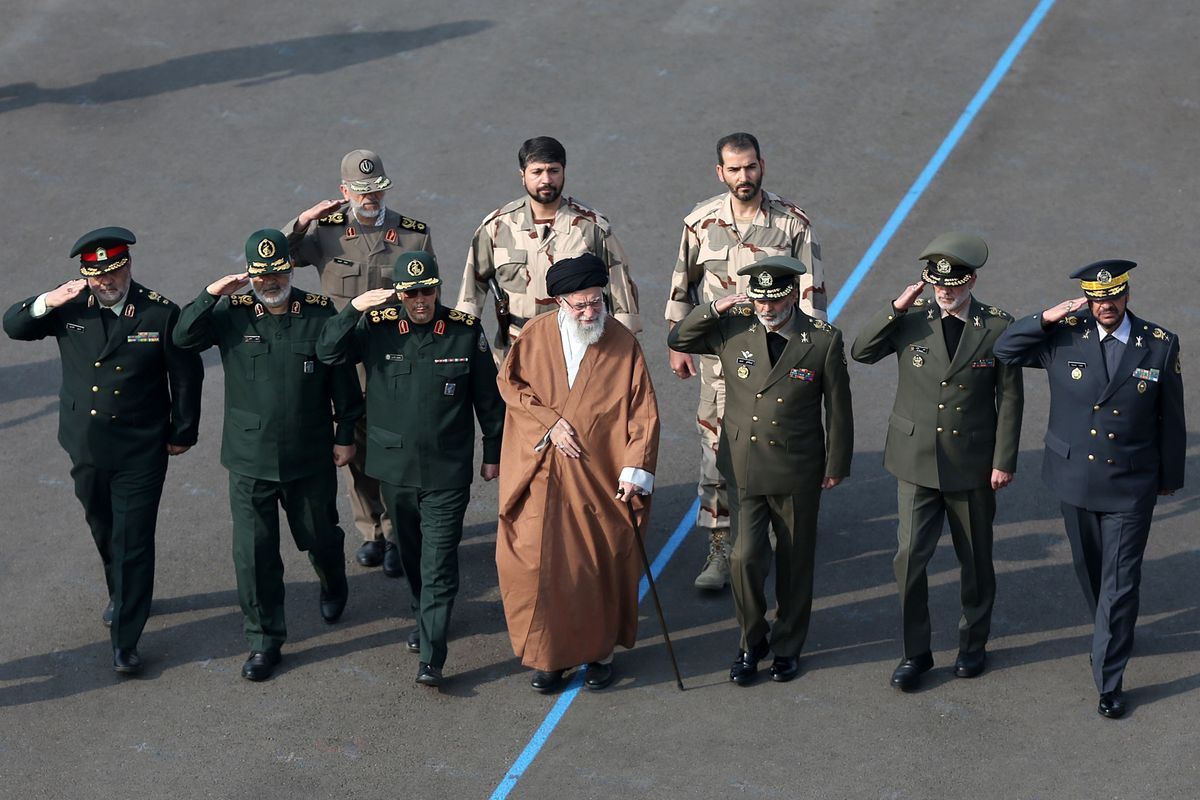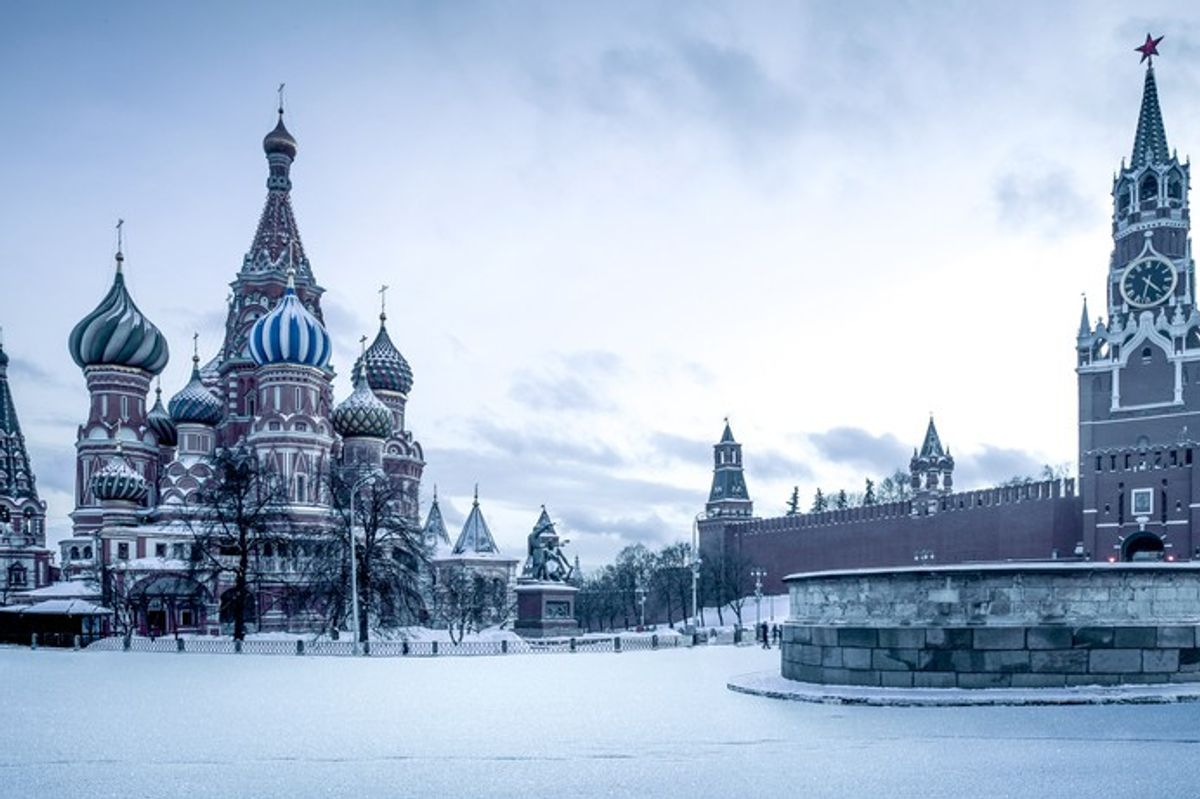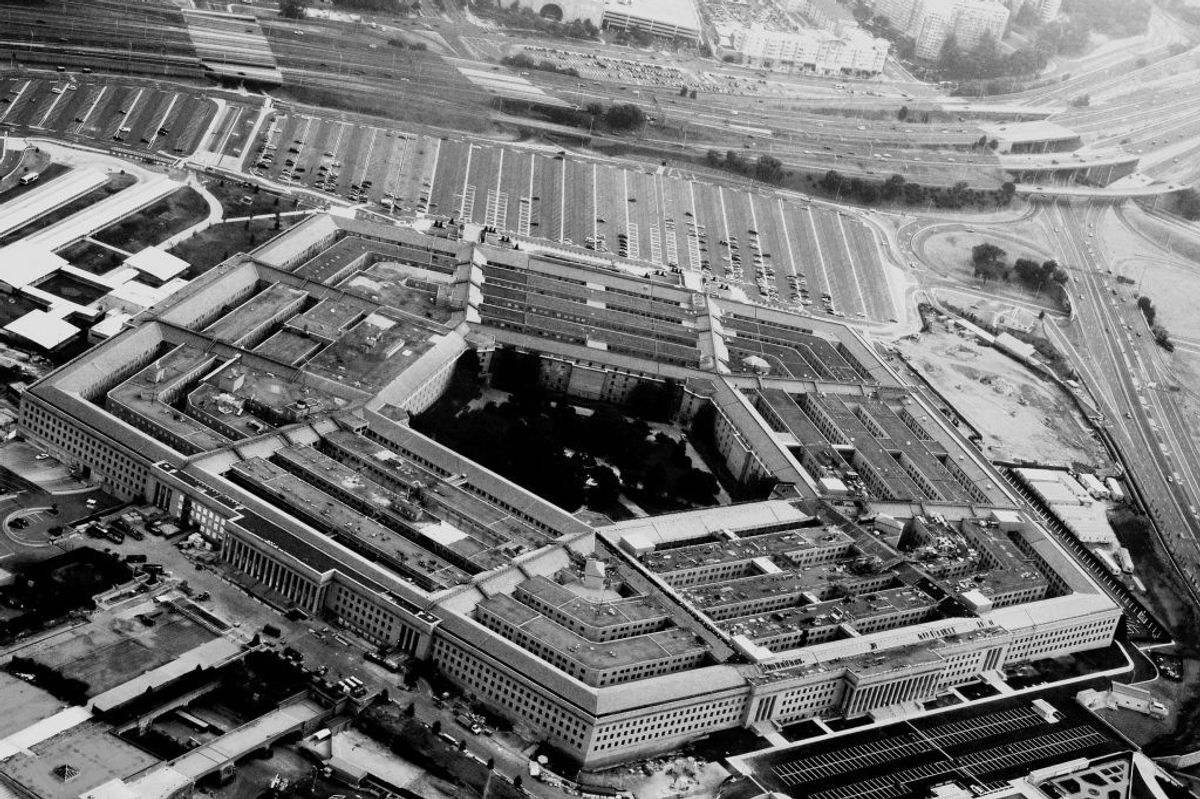It is easy to see why regime change could be appealing to foreign policymakers. Why bother to persuade, bribe, or threaten a defiant foreign country when you could support opposition groups who promise to align their policies with the goals of the U.S. leadership?
The issue of regime change has remerged for many under the new Trump Administration. Fear over a North Korea with nuclear-tipped intercontinental ballistic missiles capable of reach strategic allies and the continental United States has created a sense of urgency for an adjustment from the status quo. Just this weekend, President Donald Trump tweeted that diplomatic negotiation with the regime of Kim Jung-un was a waste of time, and that the United States would “do what has to be done” – a possible threat to the rogue totalitarian regime’s continuing grasp on power.
But the U.S. record of enacting regime change policies is rather checkered, with outcomes that can often undermine U.S. interests and security.
Regime change can be undertaken with the most noble of intents – empowering foreign citizens to take part in civic action through democracy – while causing often the opposite. A fundamental problem is that foreign-imposed leaders established within a new democracy must answer to two masters – the U.S., which put them in power, and their own citizens, who they represent. For this reason, democratic transitions engineered by outsiders often fail.
In another tweet last week in response to North Korea’s foreign minister speaking in front the United Nations General Assembly, Trump implied that Kim’s regime “won’t be around much longer,” to which Pyongyang responded that the assertion of their leader’s forceful removal amounted to a declaration of war.
Trump is not the only administration official to imply a desire to remove Kim’s totalitarian regime from power.
“It would be a great thing to denuclearize the peninsula, to get those weapons off of that, but the thing that is most dangerous about it is the character who holds the control over them today," said CIA Director Mike Pompeo during a panel discussion at the Aspen Security Forum in July. “So from the administration's perspective, the most important thing we can do is separate those two. Right? Separate capacity and someone who might well have intent and break those two apart."
"As for the regime, I am hopeful we will find a way to separate that regime from this system," Pompeo said. "The North Korean people I'm sure are lovely people and would love to see him go."
The prospect of regime change has not only been proposed in relation to North Korea as of late either.
“The policy of the United States should be regime change in Iran,” declared Sen. Tom Cotton (R-Ark.) in June. “I don’t see how anyone can say America can be safe as long as you have in power a theocratic despotism.”
Following Trump’s inauguration, an Iran policy memo put together by the Foundation for Defense of Democracies, a Washington think tank, circulated the National Security Council urging the administration to enact regime change in Iran.
“Iran is susceptible to a strategy of coerced democratization because it lacks popular support and relies on fear to sustain its power,” the memo argued. “The very structure of the regime invites instability, crisis and possibly collapse.”
But suggesting the policies of the Iranian regime – particularly surrounding its nuclear program and regional involvement – lack popular support runs counter to evidence. According to a recent poll, 81 percent of Iranians believed it was “very important for Iran to develop its nuclear program” and 68 percent thought that Iran should “seek to increase the role it plays in the region.”
The practice of regime change – either conventionally or unconventionally – is as old as governance itself. Overt efforts, such as those taken against Afghanistan in 2001 and Iraq in 2003 are essentially military interventions with the forceful removal of the local regime – the Taliban in Afghanistan and Saddam Hussein’s Baathist party in Iraq.
While such overt military efforts often offer rapid results, they are also costly, both in terms of money and human lives – particularly should the U.S. become drawn into a quagmire – but also in terms of U.S. diplomatic standing in the international community.
In some cases, the U.S. would rather turn to the CIA to conduct covert action in order to carry out regime change.
“The bottom line is that the current administration is not in fact going for overt regime change anywhere,” says Rob Richer, the former Associate Deputy Director for Operations at the CIA. “Their intent rather is to change leadership to possibly make a better friend in a region and to us. I don’t see any intent to make it look like us.”
There are a number of reasons as to why regime change will be taken through covert, rather than overt, action.
“First, any regime being targeted for change is going to perceive that targeting as a hostile act and be motivated to defend itself and potentially retaliate. Thus, doing so overtly invites conflict,” say Robert Eatinger, a former Senior Deputy General Counsel at the CIA. “Second, if the foreign audiences sought to be influenced is hostile to the United States, that audience is not likely to be influenced by messages it knows are coming from the United States.”
For the CIA to conduct such covert action to effect regime change abroad – say in, North Korea, Iran, or elsewhere – the “president must authorize the covert action and notify Congress,” says Eatinger.
“The covert action could not be pursued using means that would violate the U.S. Constitution, federal statutes, or Executive Order 12333’s ban on assassination, and that avoids or minimizes an unintended influence on United States political processes, public opinion, policies, or media.” Eatinger added “The covert action would need to have sufficient support in Congress that appropriated funds would be made available.”
The U.S. – and the CIA in particular – is no novice to pursuing regime change abroad. During the Cold War, from 1947 to 1989, the U.S. sought to change the governments of other nations 72 times, 66 of which were attempted through covert operations – only 26 of which resulted in bringing a U.S.-backed government to power. Since that time, the U.S. has covertly inserted itself into numerous countries – perhaps most notably in Libya, Syria, Yemen, Iraq, and Afghanistan – all of which remain mired in conflict.
In March 2011, as intelligence began to reveal weaknesses in the regime of the former Libyan leader Muammar Gaddafi, then-President Barack Obama signed a presidential finding authorizing CIA to carry out covert operations to provide arms and other support to Libyan opposition groups. Then beginning around 2012, the Obama Administration began working with its Sunni allies in Turkey, Saudi Arabia, and Qatar to provide arms sourced from Qaddafi’s unsecured weapons stockpiles to militant groups in Syria seeking to force Syrian President Bashar al-Assad out of power.
However, merely arming opposition fighters does not seem to be sufficient – both countries remain war torn with non-state actors hostile to the U.S. flourishing in the now ungoverned territories. To have a better chance of succeeding, planning and influence operations designed not only to divide the regime from its popular support, but to also unify the opposition, are crucial.
“Unlike during the 50s, 60s, and even 70s – where we were looking at countries based on the individuals in leadership – now we have to look at movements, popular dissent, and popular interests,” says Richer. “Today’s tools are much different than the tools of just 10-15 year ago. We no longer really need to use print media – we have social media. Almost any country in the world we can be accessed through the web, at least in terms of showing counter information, disinformation, misinformation, or just real information. The ability is there, except for very few countries that can control their internets,” which includes North Korea.
The tactically problem comes when determining who should assume power after the hostile regime falls.
“If you look at Libya, Iraq, and Yemen, we tend to identify people who look like us to lead the overt political opposition,” says Richer. “For example, in Iraq we brought in people who lived outside of Iraq almost all of their life – they were based in Europe or the United States. When they go home, they have no constituency. So for them to be effective in consolidating power, they have to corrupt, buy, imprison, or somehow influence others. That is why we have failed with any type of leadership removal for many years.”
Levi Maxey is a cyber and technology analyst at The Cipher Brief. Follow him on Twitter @lemax13.













